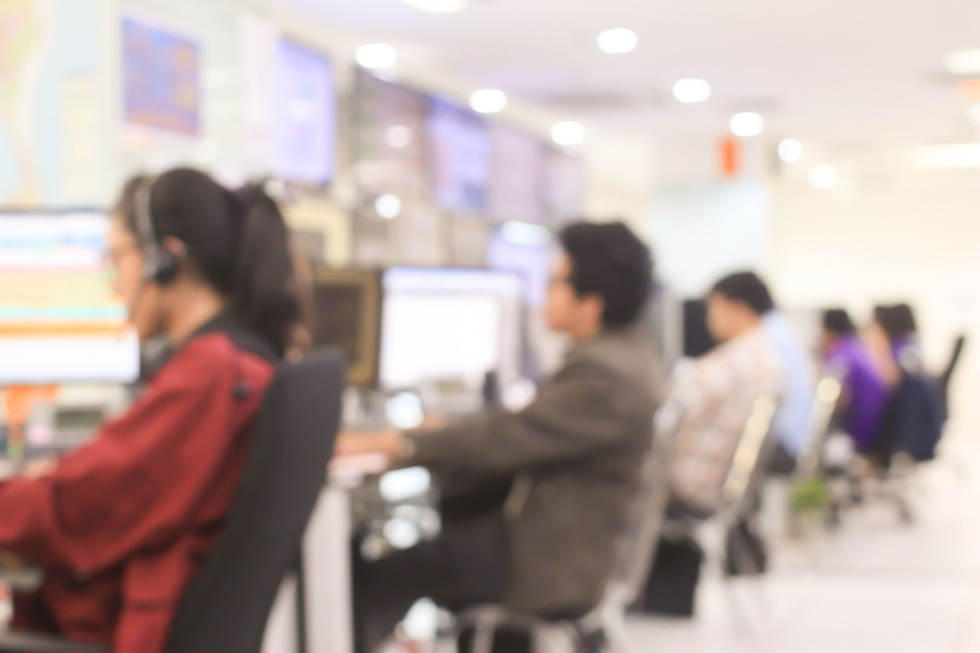PCR, Rapid Test and Your Budget
- Oct 7, 2021
- 4 min read
Updated: Jan 8, 2022

Effective October 1st, 2021, under the new testing regime that the Government of Belize will be implementing, which will mandate that any person entering a government-owned building or office shall be required to show proof of vaccination, or a Negative PCR or Rapid Test, will prove to be a hefty price tag for citizens who choose not to be inoculated.
A recent background check carried out by the Reporter at several private medical institutions, that has been approved by the Ministry of Health and Wellness to provide PCR and Rapid Test to residents has revealed that testing can range up to 400 dollars per test. That, therefore, means that under the new regulations which will require that those individuals show a negative test every two weeks it will boil down to roughly $800 per month.
Our data shows that prices for the Rapid Test which are said to only be 80% effective range from $75 to $150, while a PCR Test which is 99% accurate and highly recommended by medical practitioners ranges between $350 to $400. But while the pricing, speed, and convenience of the process are likely to remain a substantial deterrent to the public some of the institutions we contacted offered the option to conduct at-home testing and even promised to deliver the results for PCR test in a couple of hours. For those that do PCR Testing at government institutions across the country, you might be aware that it takes a couple of days to receive your results.
Dr. Marcelo Coyi, obstetrician and Gynecologist at the Belize Medical Associate and who is also a member of the Ministry of Health Task Force Group for COVID, told the Reporter that the prices for rapid and PCR tests are not regulated by the Ministry of Health at this point. He explained that the Government, however, regulates the type of test that is allowed to be shipped into the country, such as those that have been authorized for Emergency use by the World Health Organization and the Center for Disease Control and Prevention.
While there is no known control or regulated prices on the test, Coyi explained why they are expensive, “Well yes it has to be expensive because the machinery is expensive, that is imported and it is about 30 to 40 thousand US dollars. Then the reagents are just as expensive, but it is a very technical test because it involves DNA. For context, the PCR is a polymerase chain reaction test that requires very specialized machinery. Actually, they have only been available over the past four months because the United States wasn’t allowing the exportation of PCR machines and so now that is available. [Regarding] the rapid test, the actual test is about $35 to $40 for the test alone and so when you add all the human resources and the administrative cost … that is how it reaches the $75 mark.”
Coyi explained that the PCR test only takes a small amount of DNA, which then goes through a machine and the DNA is amplified. That DNA is replicated several times and duplicated which is when it picks up the COVID RNA. The Rapid Test, on the other hand, is similar to a pregnancy test, but which entails a nasal swab. That swab is then placed into a liquid and that liquid is then placed on the test itself, which then translates into a result. The problem with the Rapid Test, however, is that it only picks up high viral loads and is commonly known to give false-negative results.
Readers might be aware that a couple of months ago the Ministry of Health had announced the discontinuation of testing for persons who are not classified as close contact of infected persons or those that do not display symptoms of the virus. Dr. Coyi explained that the reason that they are limiting PCR tests is because they are following a protocol, coupled with the fact that the Ministry does not have the resources at hand to offer to test the entire population. That and the fact that it is going to be a very costly venture to be conducting tests on individuals at ever two weeks intervals.
We asked Coyi if he could comment on the WHO’s recommendation that if a vaccination mandate is introduced then the government should ensure that rapid and PCR tests are widely available for the public to access. “Well, what PAHO said and what WHO said really does not have any bearing on what the Ministry of Health or the Government would do. They are free to implement whatever systems they wish and certainly, I think for the safety of the workers in any institution and the safety of even the people who enter those buildings. It is the government that owns these public buildings and so I think it is within their right to ask persons for a COVID-test, which would need to have negative results to enter those buildings. I think that it is only fair.”
Coyi also mentioned that while private institutions are not necessarily seeing an uptick in persons accessing PCR or Rapid Testing, the Ministry of Health, in contrast, is reporting an increase in vaccination rates daily. Dr. Coyi is pleading to the public to get their vaccination shots, which at this point are free of cost and widely available to the public.





Comments